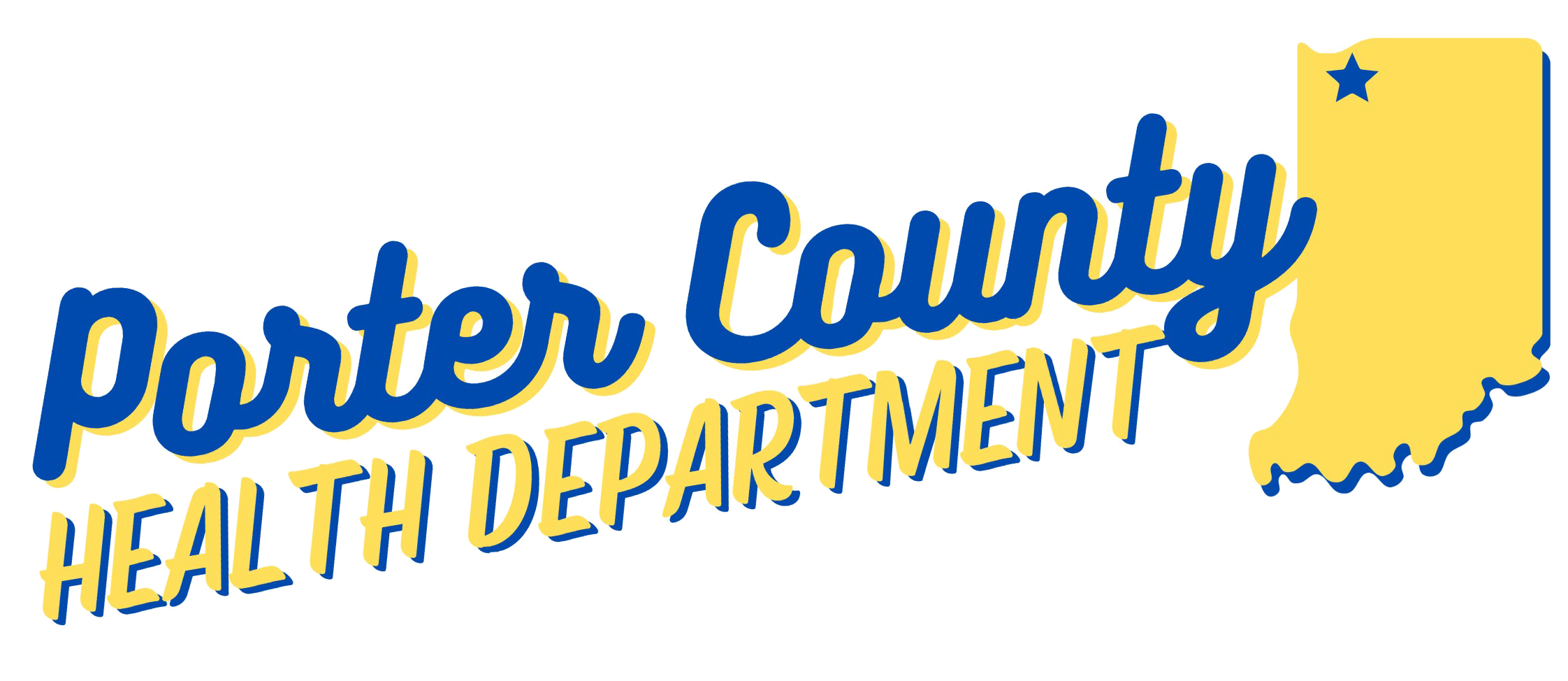Methamphetamine (Meth) is an extremely addictive stimulant drug that is chemically similar to amphetamine. It takes the form of a white, odorless, bitter-tasting crystalline powder.
The drug is easily made in small clandestine laboratories with relatively inexpensive over-the-counter ingredients such as pseudoephedrine, a common ingredient in cold medicines.
Methamphetamine production also involves a number of other very hazardous chemicals. Toxicity from these chemicals can remain in the environment around a methamphetamine production lab long after the lab has been shut down, causing a wide range of health problems for people living in the area.

Dwellings (including houses, apartments, duplexes, and hotel/motel rooms) where meth is manufactured are considered uninhabitable until they are properly decontaminated per state law (Title 318 IAC 1 (PDF)). The process to test and clean can be expensive.
The law enforcement agency that closes the meth lab is to notify the local health and fire departments about the location. The local health departments then work with the property owners to ensure dwellings, where operational meth labs were identified, are decontaminated before they are re-inhabited.
Cleaning Former Drug Labs
If your property was a previous drug lab, do not enter or work in or on the property until an Indiana Department of Environmental Management Qualified Inspector for Illegal Drug Lab Cleanup has discovered all safety hazards. The property must be cleaned before it is reoccupied or sold. Failure to remove toxic substances from drug labs leaves the property owner open to liability for injuries caused by exposure to the substances.
Cleanup Contractor
The IDOH Qualified Inspector for Illegal Drug Lab Cleanup contractor will first perform an initial assessment to determine the level of contamination in the building. They will work with you to find the most efficient, cost-effective way for them to clean the property to ensure it meets the approved cleanup level. After the contractor completes decontamination, the property is tested for compliance. Upon a passing test, they will grant you a "Certificate of Decontamination" which states that the property has been thoroughly cleaned.
Can I Clean the Property Myself?
No, there may be existing hazards that warrant specific safety precautions. IDOH cleanup contractors are well-versed in the hazards of drug lab cleanup and know how to properly decontaminate properties. The cleanup contractor may allow you to participate in the cleanup, but only under their supervision. Failure to follow the contractor's instructions under their supervision will not yield a Certificate of Decontamination, which is needed to reoccupy or sell a house safely.
Cleanup Costs
Property owners are fully responsible for all cleanup costs. Insurance carriers may cover some or all of the costs of cleanup.
Cleanup Methods
Cleanup methods are dependent on the level of contamination. With little or no contamination, the property can be cleared after proper testing. The most common cleaning methods include painting or sealing all interior surfaces, washing all interior surfaces, and removing all potentially contaminated materials. Sometimes, it is more cost-effective to tear out the interior and rebuild, as compared to interior washing. Rebuilt interiors may often be certified without any testing. Cleanups can be highly expensive and some properties may be very difficult to clean. If your property has a low value and is heavily contaminated or is not easy to clean, it may be more viable to tear down the structure.
